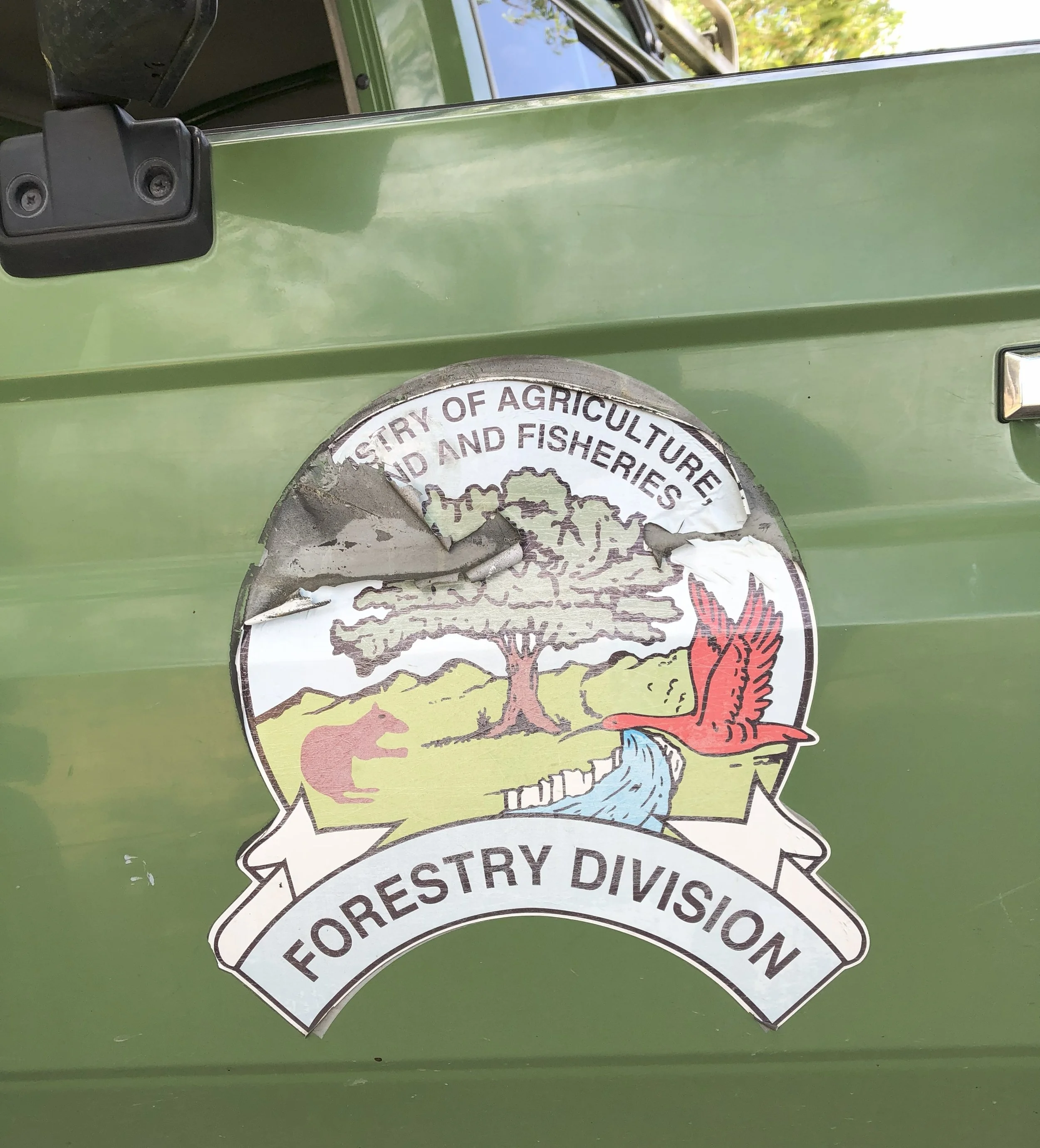
Enforcement Challenges
Lack of Funding & Resources
A lack of funding and resources limits the capacity of enforcement agencies, border control points, and investigative teams to respond effectively to wildlife crime. Across the Caribbean, agencies tasked with wildlife enforcement and broader biodiversity management often operate with minimal budgets, ageing infrastructure, and insufficient personnel. Limited access to essential tools such as patrol vehicles, surveillance equipment, and forensic testing facilities further reduces their ability to monitor, detect, and intervene in illegal activities.
These resource shortfalls weaken enforcement at every stage, from prevention to prosecution. Under-resourced teams are less able to conduct regular patrols, respond quickly to reports, or pursue complex investigations, allowing offences to go undetected or unpunished. This creates openings for traffickers and illegal operators to act with reduced risk, eroding the rule of law and enabling continued harm to biodiversity, animal welfare, and community livelihoods. The strain on personnel also increases burnout and turnover, which in turn undermines institutional knowledge and continuity.
Addressing funding and resource limitations requires sustained investment in enforcement infrastructure, operational capacity, and personnel development. This includes ensuring stable budgets for agencies, prioritising the acquisition of modern monitoring and investigative tools, and securing long-term funding partnerships with national governments, regional bodies, and international donors. Building a well-resourced regional wildlife enforcement network will be essential to closing gaps that criminals currently exploit and to strengthening the overall resilience of wildlife protection efforts across the Caribbean.
Related Blogs
Our blog section is growing. Check back soon for new posts related to this topic.
